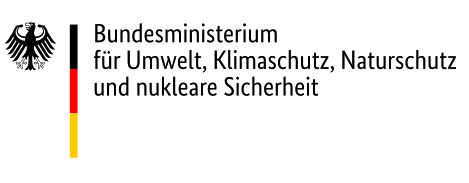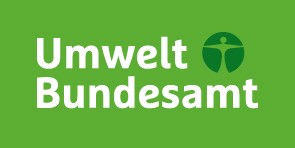GPS educational routes to the most precious raw material of life
Environmental education in Germany today is characterised by a wide range of offerings. However, it is becoming increasingly clear that the majority of young people can only be inspired to engage with environmental and nature conservation issues if learning opportunities are created in the form of experiential situations that are closely linked to their individual leisure interests and thus ensure a high level of motivation.
As part of this project, young people independently created GPS educational routes at three locations in northern Germany. The teams and their supervisors received comprehensive training and support during the creation phase of the GPS educational route. At the end, the routes were tested by the other teams and evaluated together. The focus was on young people sharing knowledge with other young people. Based on these sample routes, a comprehensive guide was developed for the nationwide use of GPS educational routes.
What are GPS educational routes?
GPS educational routes are a combination of an interactive ‘scavenger hunt’ and the simultaneous teaching of learning content on specific, individually customisable topics. This approach uses satellite-based navigation (GPS: Global Positioning System). The young people first learn how to use the digital GPS receivers, thereby acquiring basic knowledge of navigation and orientation in the terrain. With the help of these GPS receivers, they have to find specific coordinates in the respective (urban) landscape. At these points, learning content is conveyed directly and on site through interactive or challenging tasks, such as taking a water sample and analysing it in a team.
The young people move playfully through nature and not only learn how to find their way around, but also gain valuable background knowledge about landscape and nature conservation through the tasks they have to solve. The tasks can be actively designed, linked to on-site Internet research or enriched with basic school knowledge. The possibilities here are almost unlimited. It is important that the learning content and methods are directly related to the young people’s everyday lives in order to make them as attractive as possible to the target group.
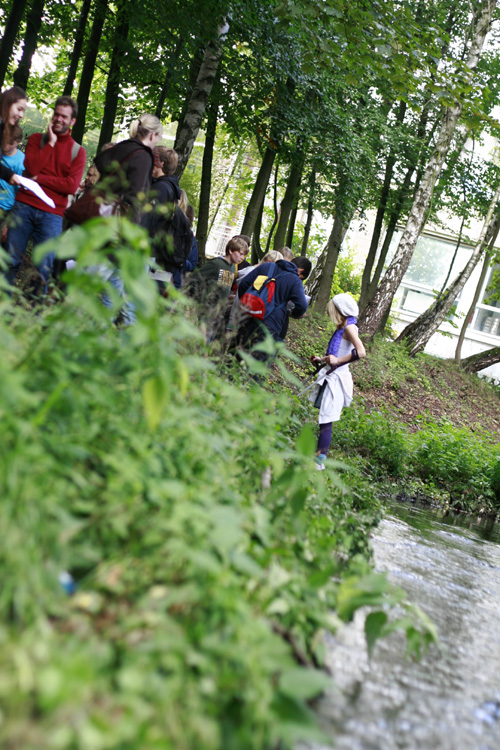
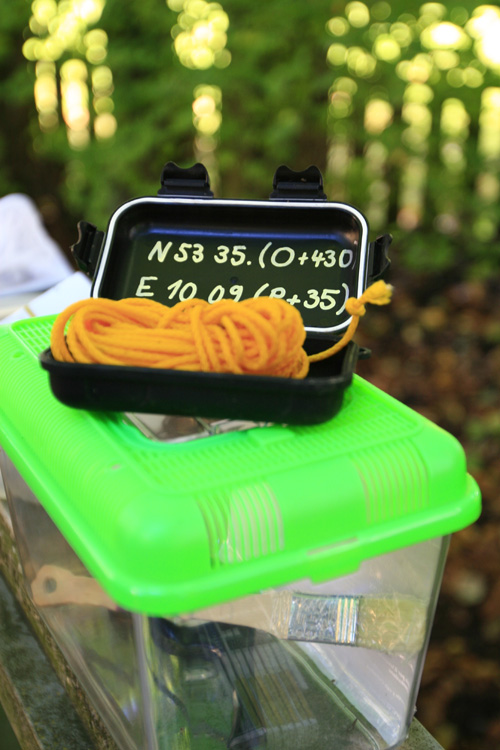
Handbook: Nature as a treasure map!
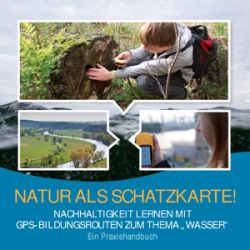
What does GPS actually have to do with nature and education? And can GPS be used to teach children and young people about nature conservation and environmental protection in a contemporary way? How exactly does that work? To answer these questions, the ‘Abenteuer Wasser’ (Water Adventure) project has developed a comprehensive handbook on GPS°Bildungsrouten (GPS educational routes) in education for sustainability. It describes GPS°educational routes from the theoretical and practical basics to concrete implementation in the form of coordinates and tasks. It is aimed at team leaders, youth group leaders, employees in environmental associations, teachers – in short, anyone who wants to encourage and support learning about sustainability issues. It is also intended for teenagers and young adults who are looking for opportunities to get personally involved in this area. The handbook was produced in cooperation with BUND Youth, DLRG Youth and GEO°BOUND Hamburg.
The handbook can be ordered. Please send us an email to: info@ecomove.de
Sponsored by
In cooperation with

